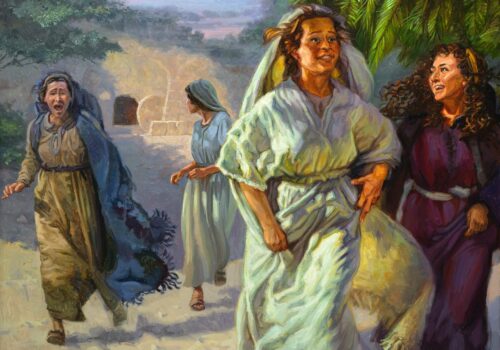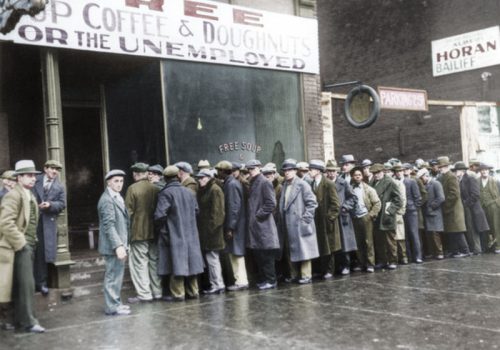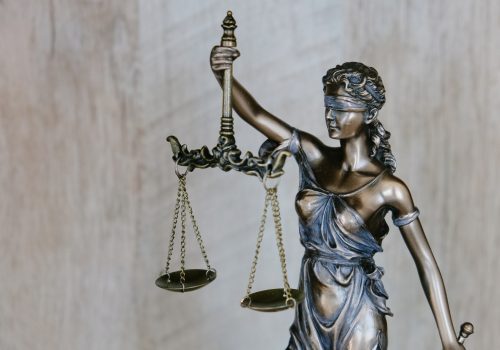Defiance and Compromise
How the Early Methodist Church Went from Defining the World’s Standards to Compliance and How We Can Learn from That Today.
Starting off, I come from a non-denominational church background and have never been a member of any specific denomination; however, my training in church history and theological studies have given me an enormous appreciation for numerous Christian denominations and church practices. Of particular interest, I found the history of the Methodist church to be both an inspiring and cautionary tale. The history of the early Methodist church can help us reflect on ourselves and our particular faith traditions and ask ourselves, “Are we striving to live like Christ, or are we merely living like the world in the guise of a Christian?”
Methodism, founded by John Wesley, had a concern for the salvation of the individual soul started in contrast to many other denominations at the time save the Quakers. This importance of the individual opened the way for previously dismissed people, classes, races, and genders to be excepted and valued. Because of this, the Methodists spoke out against slavery and welcomed women to speak, preach, and be leaders in the church. An example of their stance against slavery can be seen in their 1784 Christmas Conference, where it was declared that all Methodists were to free their slaves within one year’s time. It further stated that no slaveholder may hold a membership in the Methodist church.[1] Additionally, a General Conference address in 1800 called all southern churches in South Carolina to emancipate their slaves.[2]Moreover, women were valuable members of the church. They helped to establish churches, lead class meetings, and preach. Two such women were Phoebe Palmer and Jarena Lee[3].
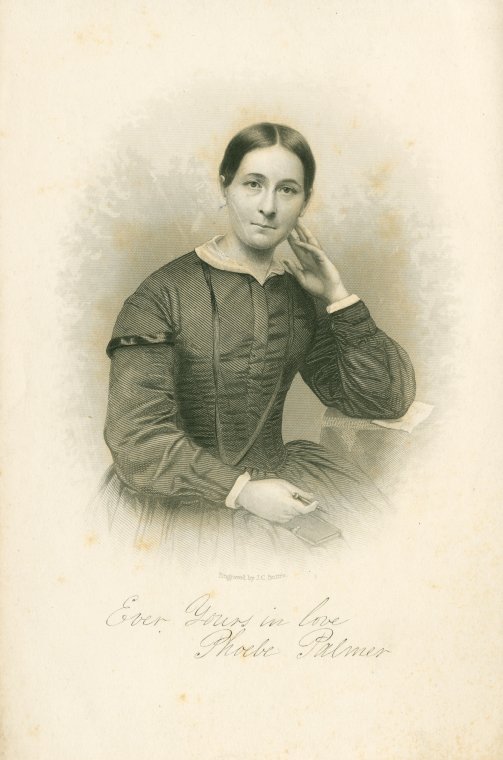
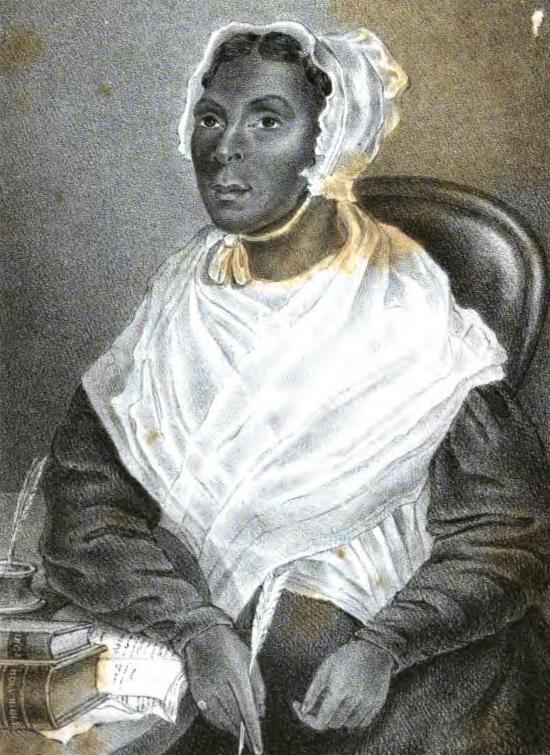
Methodists’ counter-cultural position began to shift with the values and concerns of their leaders. John H. Wigger notes that as “early as the 1810s and 1820s Methodists had begun to compromise their core values in order to obtain wealth and social status.”[4] In this compromise, slavery was no longer sternly preached against, male leaders pushed women out of leadership roles in the church, and the large church gatherings became merely social events with class barriers. While there were those in the church who still fought for biblical equality of all persons, many did not. One writer laments the church’s stance on the issue of slavery, noting that by doing nothing, this evil had taken over more and more territory.[5]

Where have we, where has the church, where have I compromised on evil?
So, I ask today, “where have we, where has the church, where have I compromised on evil?” Jesus says the greatest commandment is to “Love the Lord your God with all your heart and with all your soul and with all your mind and with all your strength. The second is this: ‘Love your neighbor as yourself.’ There is no commandment greater than these” (Mark 12:30-31, NIV). Furthermore, Paul writes that “in Christ Jesus you are all children of God through faith, for all of you who were baptized into Christ have clothed yourself with Christ. There is neither Jew nor Gentile, neither slave nor free, nor is there male and female, for you are all one in Christ Jesus. If you belong to Christ, then you are Abraham’s seed, and heirs according to the promise” (Galatians 3: 26-29). There is no discrimination in the eyes of God (Acts 10:34), and there should be none in ours. After careful reflection and prayer, if you see bias in your church based on race, gender, class, or the likes, how will you respond, defiance to this evil or compromise?
[1] Richard E. Wentz, American Religious Traditions: The Shaping of Religion in the United States (Minneapolis, MN: Fortress Press, 2003), 181.
[2] Henry Bidleman Bascom, Methodism And Slavery: With Other Matters in Controversy Between the North and The South: Being A Review of The Manifesto of The Majority, In Reply to The Protest of The Minority, Of the Late General Conference of The Methodist E. Church, In the Case of Bishop Andrew (Frankfort, KY: Hodges, Todd & Pruett, printers, 1845). Sabin Americana: History of the Americas, 1500-1926.
[3] Jarena Lee, Religious Experience and Journal of Mrs. Jarena Lee: Giving an Account of Her Call to Preach the Gospel. Philadelphia: Published for the author, 1849. Sabin Americana: History of the Americas, 1500-1926.
[4] John H. Wigger, Taking Heaven by Storm: Methodism and the Rise of Popular Christianity in America (Chicago, IL: University of Illinois Press, 2001), 187.
[5] Correspondence of the N. Y. Tribune. “The Methodists on Slavery.” Liberator, October 27, 1854. Nineteenth Century U.S. Newspapers (accessed November 19, 2021). https://link-gale-com.ezproxy.liberty.edu/apps/doc/GT3005875336/NCNP?u=vic_liberty&sid=bookmark-NCNP&xid=05d2ebd7.


